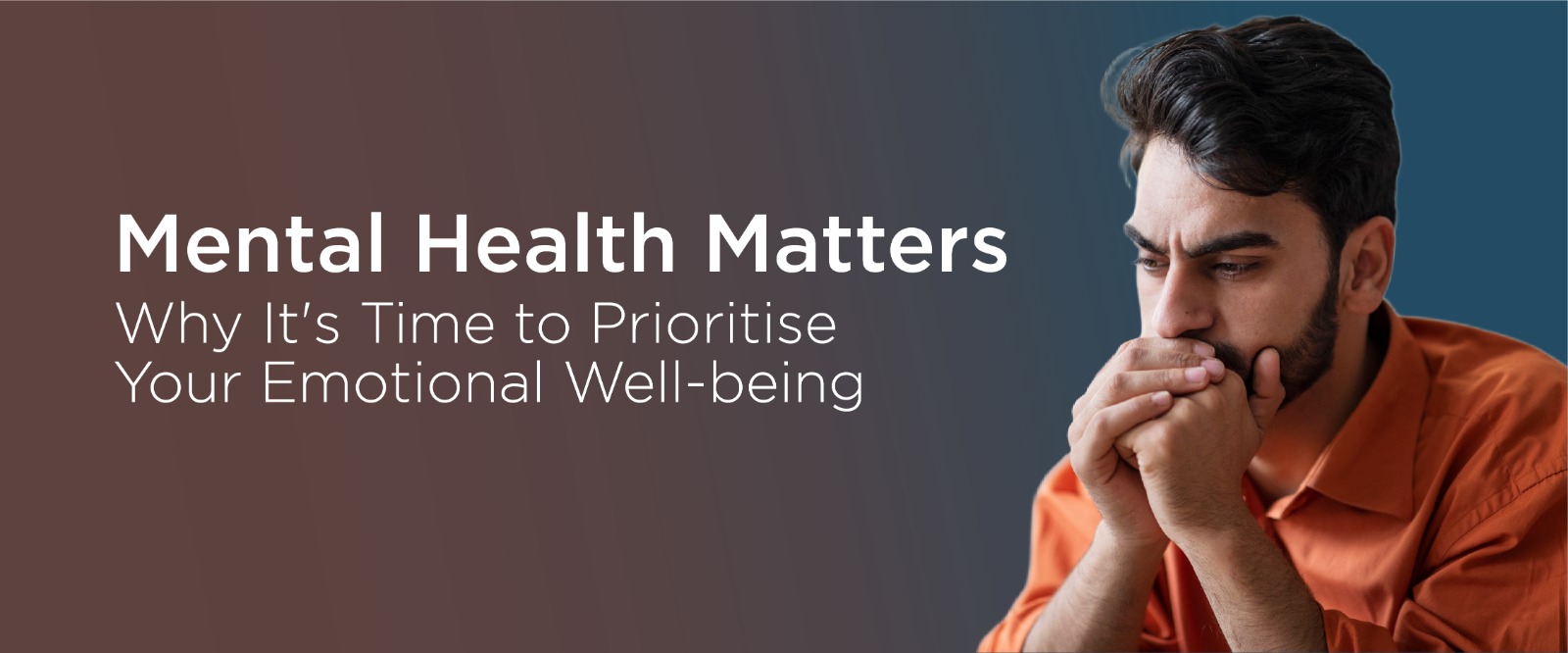What is the meaning of mental health? The dictionary defines it as “a person’s condition about their psychological and emotional well-being”. This could be in the form of mood swings, abnormal anxiety, OCD (Obsessive-compulsive disorder), or trauma-related disorders. In a nutshell, “out of character behaviour”. There could be many reasons for mental health disorders.
Mental health impacts every facet of our lives, influencing how we think, feel, and interact with others.
- It affects the brain and cognitive functioning.
- It affects physical health and productivity.
- It can impact relationships and overall well-being
- Rani survived a serious car accident a few months back. Since then, she has had nightmares, avoids driving and experiences panic attacks when she hears tires screech.
- Radha feels incredibly energetic sometimes, doesn’t sleep sometimes and takes impulsive risks — like spending recklessly or quitting jobs suddenly. A few weeks later, she crashes and becomes deeply depressed, unable to get out of bed or talk to anyone.
- Mohan feels the constant need to wash his hands — not just once or twice, but up to 50 times a day. He knows it is excessive, but cannot stop because of his fear of germs. He also checks the door locks repeatedly before leaving the house, which causes him to be late to work often.
- Pooja, a high school student, is extremely thin but constantly talks about being "too fat." She skips meals, exercises obsessively, and becomes anxious when asked to eat. Her friends and family are concerned when she faints at school and is admitted for medical treatment.
- Severe emotional, physical, or sexual abuse
- A major loss, such as the death of a parent, early in life
- Neglect
- Medication: antidepressants, mood stabilisers, anti-anxiety medications, stimulants. It is a good practice to combine medicine and therapy
- Psychotherapy: Behavioural therapy, group therapy, humanistic therapy, counselling
- Regular exercise
- Healthy diet
- Good sleep routine
- Stress management techniques (e.g., meditation, mindfulness, yoga)
- Family and friend involvement
- Peer support groups











